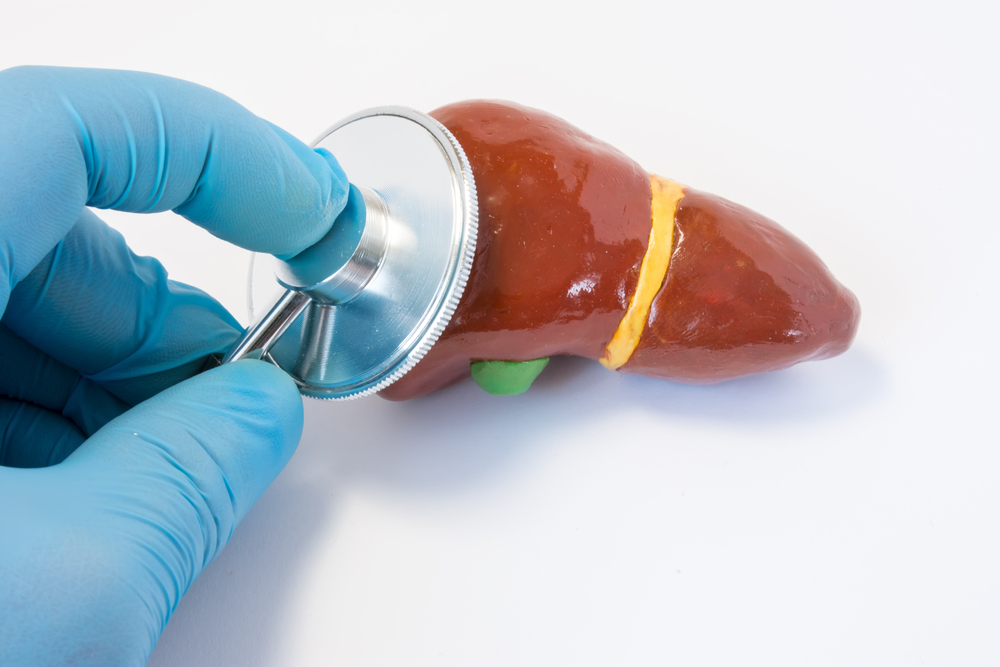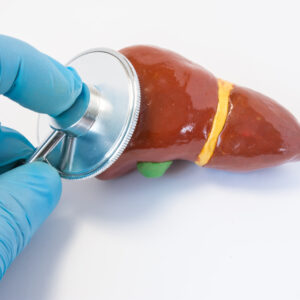What is a PSA test?
Prostate-specific antigen (PSA) is a protein produced by both malignant and normal prostate cells. The PSA test measures the levels of PSA in the blood. The results of the test are usually reported in units of ng/mL (nanograms per milliliter).
In normal males, the PSA level typically ranges from 2.5 to 4.0 ng/mL.
What causes an increase in PSA levels?
The main cause of an increase in PSA levels is prostate cancer.
However, there are other prostate or urinary tract health issues that can also raise PSA levels, including:
- Benign prostatic hyperplasia (enlarged prostate)
- Prostatitis (inflammation of the prostate)
- Urinary tract infection
Additionally, factors such as urinary catheterization, aging, parathyroid hormone, prostate manipulation, and ejaculation can also elevate PSA levels.
On the other hand, the upper limit of the normal value, 4.0 ng/mL, may not apply to men of all age groups.
As for the normal PSA values for different age groups, the following table can be used as a reference:
| Age | Range Adjusted Normal Level (ng/mL) |
| 40 – 49 years old | 0 – 2.5 |
| 50 – 59 years old | 0 – 3.5 |
| 60 – 69 years old | 0 – 4.5 |
| 70 years old and above | 0 – 6.5 |
Does an elevated PSA level always indicate prostate cancer?
| PSA Level (ng/mL) | Risk of Cancer |
| 0 – 2.5 | Very low risk of prostate cancer |
| 2.5 – 4 | |
| 4 – 10 | 25% chance of having cancer, further tests may be conducted for diagnosis |
| 10 | This level is considered high risk with a 50% chance of having cancer |
However, according to statistics from the NHS, about 3 out of 4 men with an elevated PSA level do not have cancer. Additionally, for every 7 men with a normal PSA level, one may still have prostate cancer. This indicates that the PSA test is not the best diagnostic method for prostate cancer.
Pros and Cons of PSA test
The advantages of PSA testing include:
- Provides reassurance if the level is within the normal range
- Can detect early signs of prostate cancer
- Reduces the risk of death if early treatment is initiated
However, there are also disadvantages to consider:
- There is a possibility of false-positive results, leading to missed opportunities for cancer treatment
- Even without cancer, the test results can cause anxiety
- The test cannot determine the progression of cancer
Therefore, some medical articles suggest that unless there is a high familial risk, PSA testing is most suitable for men aged 55-69 years (as determined by a doctor).
PSA Test Interpretation
If the PSA level is abnormal, it does not necessarily mean that you have prostate cancer. The doctor may recommend the following methods to determine the cause:
- Repeat the PSA test
- Perform other types of PSA tests, such as Free PSA, PHI, and 4Kscore
- Conduct additional tests, such as digital rectal examination, MRI scanning, and transrectal prostate ultrasound
- Biopsy of the prostate through transrectal needle aspiration
PSA Test Plans and Costs in the Hong Kong
In Hong Kong, many private hospitals and clinics offer PSA testing services, with costs ranging from HK$2,000 to HK$8,500.
PSA Index Frequently Asked Questions
Some studies suggest that consuming more tomatoes, choosing healthy protein foods, getting sufficient vitamin D, drinking green tea, and exercising regularly can naturally lower PSA levels.
The Hong Kong Urological Association recommends considering PSA screening every 2 years if the PSA index is normal (<4ng/mL).


![[Chest X-ray] Understanding the Price, Procedure, and Interpretation of Chest X-ray Examination!](https://www.bowtie.com.hk/blog/wp-content/uploads/2022/06/20163126/shutterstock_560923156.jpg)
![[Chest X-ray] Understanding the Price, Procedure, and Interpretation of Chest X-ray Examination!](https://www.bowtie.com.hk/blog/wp-content/uploads/2022/06/20163126/shutterstock_560923156-300x300.jpg)


